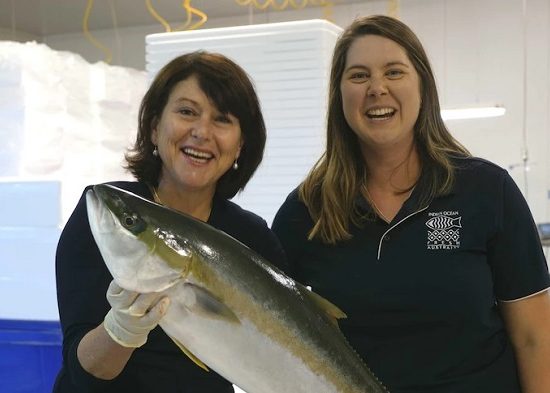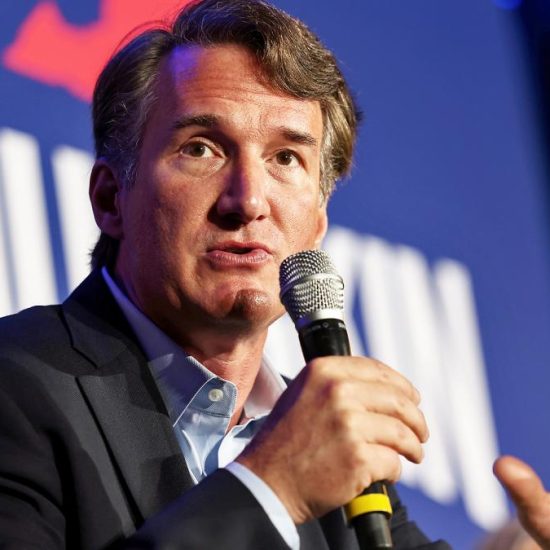The Governor is required to present his budget to legislators by December 15 each year. This year had plenty of build-up to the release of the Governor’s plan. Groups of lawmakers, businessmen, and concerned citizens have been meeting for months in anticipation of how we will begin to solve the fiscal crisis occurring in Alaska.
In a press release dated December 9, 2015, the Governor introduced “The New Sustainable Alaska Plan” as a way to power the state economy through a mix of spending cuts, wealth management, new revenue, and investments. The state is currently spending over $9 million a day in savings, or $4,900 per Alaskan this year. This is not a problem that will be solved with one measure.
Visit Governor’s OMB Website for Full Plan
The New Sustainable Alaska Plan also calls for continued cuts and ongoing spending restraint. The Walker-Mallott administration worked with the Legislature to cut about $1 billion from state spending since taking office on Dec. 1, 2014, and eliminated 600 state jobs. Governor Walker’s fiscal year 2017 budget calls for $100 million in additional cuts from the operating budget and $425 million in cuts from oil exploration credits.
The plan will change the oil and gas tax credit system into a low-interest loan program, wherein the rates will be determined by the number of Alaskans the companies hire. To honor existing commitments for credits, the FY17 budget allocates $1.2 billion for a transition fund and loan program. The minimum tax on the oil industry will increase by $100 million. The mining, fishing and tourism industries will also be taxed for projected revenue of about $47 million. The plan also calls for an income tax of 6 percent of federal tax liability, which is about 1.5 percent of income for the average Alaskan family, for projected revenue of about $200 million. Taxes will also be levied on alcohol, tobacco and motor fuel for projected revenue of $112 million.
See Full Story at Alaskanomics











